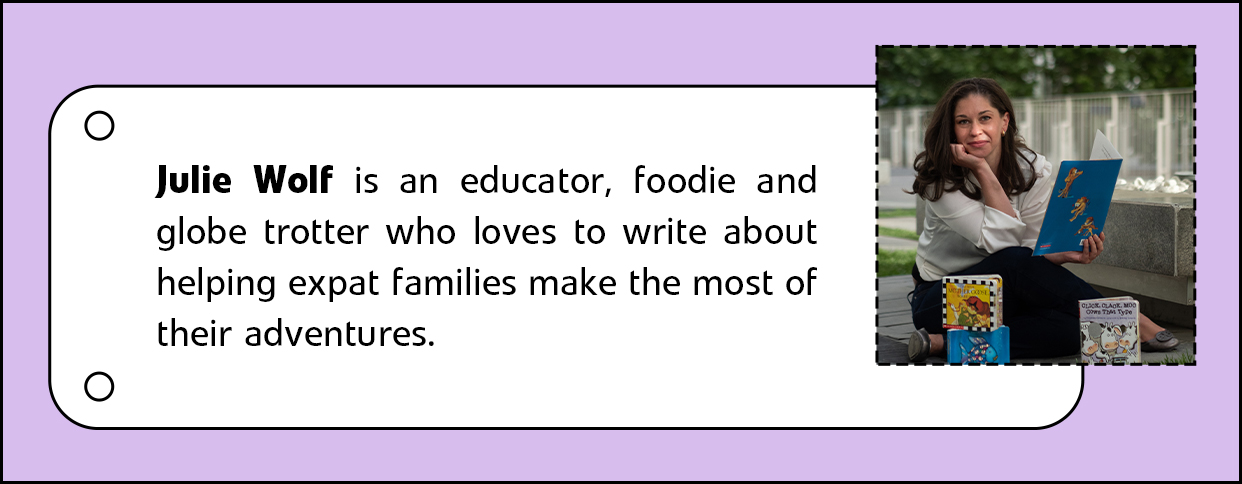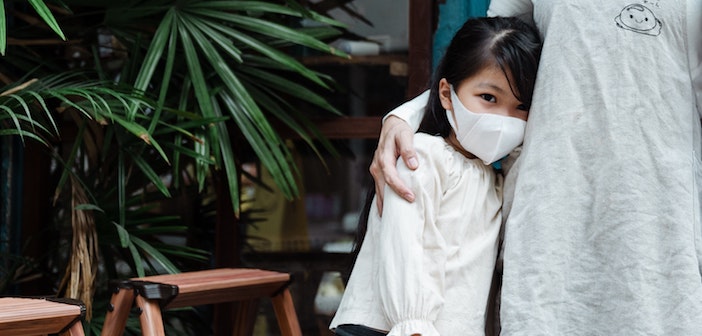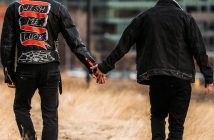I have noticed a disturbing trend over the past few weeks and months. Some of my students who were very outgoing and precocious pre-pandemic have become excessively shy and showing signs of early social anxiety.
Fear of large crowds or approaching people without masks, excessive hand washing, even things as common as an allergy-induced sneeze are suddenly spooking some previously unflappable kids. For adults, a return to normal pre-pandemic activities has been something we have waited anxiously for, but for our smallest children, the pandemic behaviors were normal because they don’t remember anything else.
This is one of those unexpected pandemic effects that we aren’t completely sure how to deal with and will probably see the fall out for many years.
I want to preface the advice I am about to give by stating I am not a doctor or therapist; there is very little scientific information I can cite outside of traditional social anxiety studies because it’s a new problem that has not been researched sufficiently yet. Much of this is conjecture based on my years working with children and allegorical personal experiences over the past few months. I hope it is helpful, but please take it with the pound of salt it deserves. As always, if your child’s symptoms are severe or consistently worsening then you should consult a professional.
Delineate between shy and scared: Some children are just shy, naturally cautious, or introverted. That is a personality trait not a cause for concern. Even outgoing people have situations that they don’t enjoy or want to participate in. So make sure your child is actually experiencing anxiety before you label this as a problem to be addressed.
Identify the fear factor: If your child is experiencing fear help them identify why. Is the subway scary because it’s crowded or are they worried about getting sick? What are they afraid will happen if they don’t wash their hands 10 times a day? Sometimes just identifying the thing you fear is enough to help dispel it. At the very least it will help you as an adult address the issues and brainstorm ways to help them face their fears.
Don’t Push: The answer to a fear of swimming is not to throw your child into the ocean at high tide. You wade in slowly. So don’t start with a trip to Shanghai Disney; maybe spend the afternoon at Chaoyang Park first and have a picnic at the edge of the crowd. The following week maybe you move a little deeper into the throng. It’s okay if they don’t want to do something; keep presenting your child with fun opportunities and show them you are staying safe while doing them. Eventually, they will join in too.
Keep it small to start: Find little wins. If fear of dirty hands is the culprit, finger paint and then have them leave the paint on for 10 seconds before washing it off, then try 15 seconds and then 30. Do this over several days and with longer time periods. As they see that nothing bad happens they will become more confident. The same is true for social gatherings. Start with 2 friends at the park, then 3 at an at-home play date, 5 the following week at a music class etc.
Prepare them for interactions: If a scary interaction is unavoidable, help prepare them for the experience by talking about it ahead of time and making a plan for how they will handle it. “Tomorrow we need to take the subway to get to school. I will hold your hand the entire time so if you get scared you can squeeze it. We will be on for 4 stops and we will count them together. You will get stickers at each stop!” Fear is often about an inability to control something. Giving them something small they can control, like squeezing your hand, singing a song or counting stops will help distract them from the unknowns.
Set examples through actions: Let them see you hug your mask-free friends and ride public transportation. Yes, you wash your hands before you eat and after using the bathroom but it’s ok to be a little messy while we create art or play on the playground. We will clean up when we are done. All people sneeze and cough sometimes, it’s normal. We just need to cover our mouths when we do it.
We have been sending our children signals for many months that the world is unsafe. As a society, we modeled some pretty extreme behavior out of necessity. Now we need to send them a different message. The world is a beautiful place full of things to explore and experiences to take part in. We still need to take some basic precautions but it’s safe to venture back out and rejoin our larger community.
KEEP READING: Am I Imagining or Has There Been Less Sick Kids Since Covid?
Photo: Pexels





